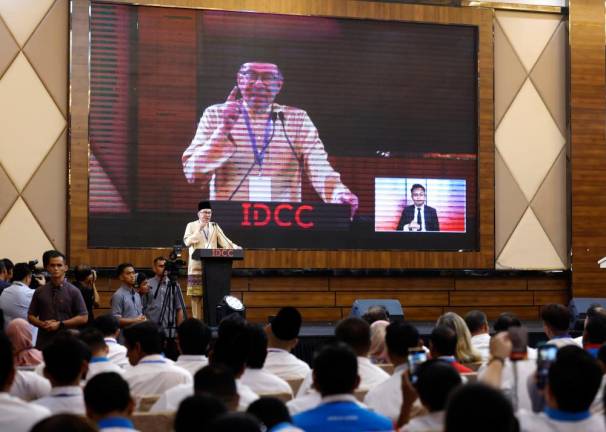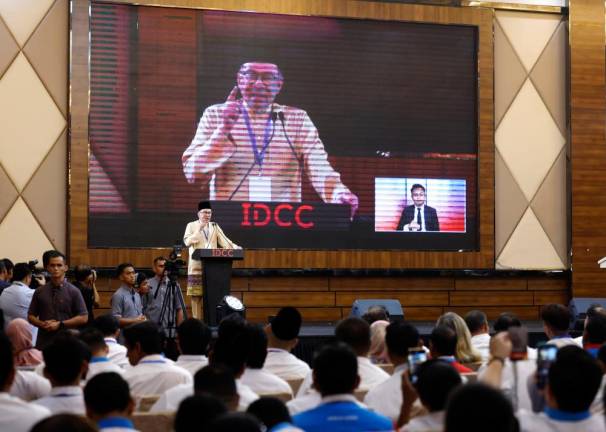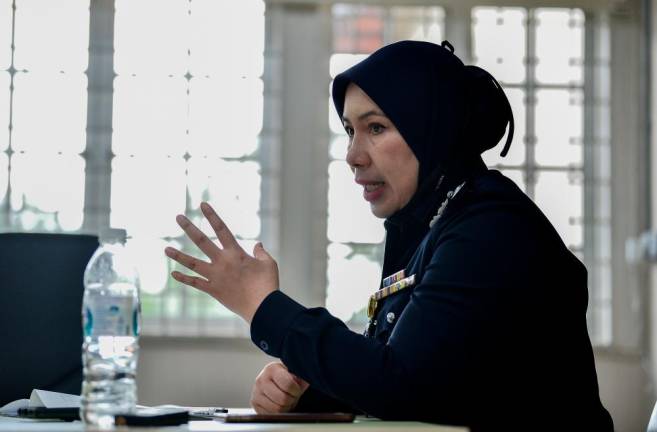PETALING JAYA: While the healthcare sector has emerged as the main beneficiary of Budget 2021 given the crucial need to fight Covid-19, the most pressing health threat facing the country at this moment, private healthcare providers may reap less from these incentives as non-Covid-19 health services take a step back.
TMC Life Sciences Bhd executive director & group CEO Wan Nadiah Wan Mohd Abdullah Yaakob said the budget this year provides sufficient ammunition to the Health Ministry (MOH) to combat the spread of Covid-19. The other highlight is the expansion of pneumococcal vaccination and the provision for the Covid-19 vaccine when it finally arrives. There is also some allocation and incentives for expanding screening and health insurance.
“However, the amount provided for the provision of health services has reduced and it seems that non-Covid health services may take a hit. The private sector, some of whom have been hit badly by the closure of borders, were looking forward to a public-private partnership where the government would procure non-Covid health services from the private sector to free the already overburdened public facilities for Covid-19 cases but this did not happen. It seems that this year the focus is on Covid-19 and advances in other areas of health will have to wait,” she told SunBiz.
The budget allocation for MOH rose 4.2% to RM31.9 billion from RM30.6 billion proposed in Budget 2020. The ceiling amount for the Covid-19 fund has been raised by RM20 billion to RM65 billion. Budget 2021 also calls for an additional RM1 billion to be allocated to curb Covid-19.
BIMB Research finds the budget to be positive for the healthcare sector in general as it not only acknowledges contribution of all front liners through distribution of additional remuneration but also provide business opportunities for medical peripherals and vaccine supply chain providers such as pharmaceutical companies.
“Overall, the budget allocation for public health sector could increase the consumption of drugs and medical equipment. We believe this bodes well for the local generic drug producers such as Pharmaniaga Bhd and medical equipment suppliers.”
CGS-CIMB said these increased requirements to combat Covid-19, particularly at government hospitals could potentially benefit Pharmaniaga as this could lead to higher sales of PPE and ancillary products to government hospitals, which benefited Pharmaniaga’s earnings in H1’20.
The timing and amount of purchase of the vaccine should also impact Pharmaniaga and Duopharma Biotech Bhd as both have been identified to undertake the fill-and-finish process for the potential Covid-19 vaccine that will be procured by the government.
It added that the mySalam coverage has little to no impact on the private hospital operators as mySalam is only applicable to government hospitals.













